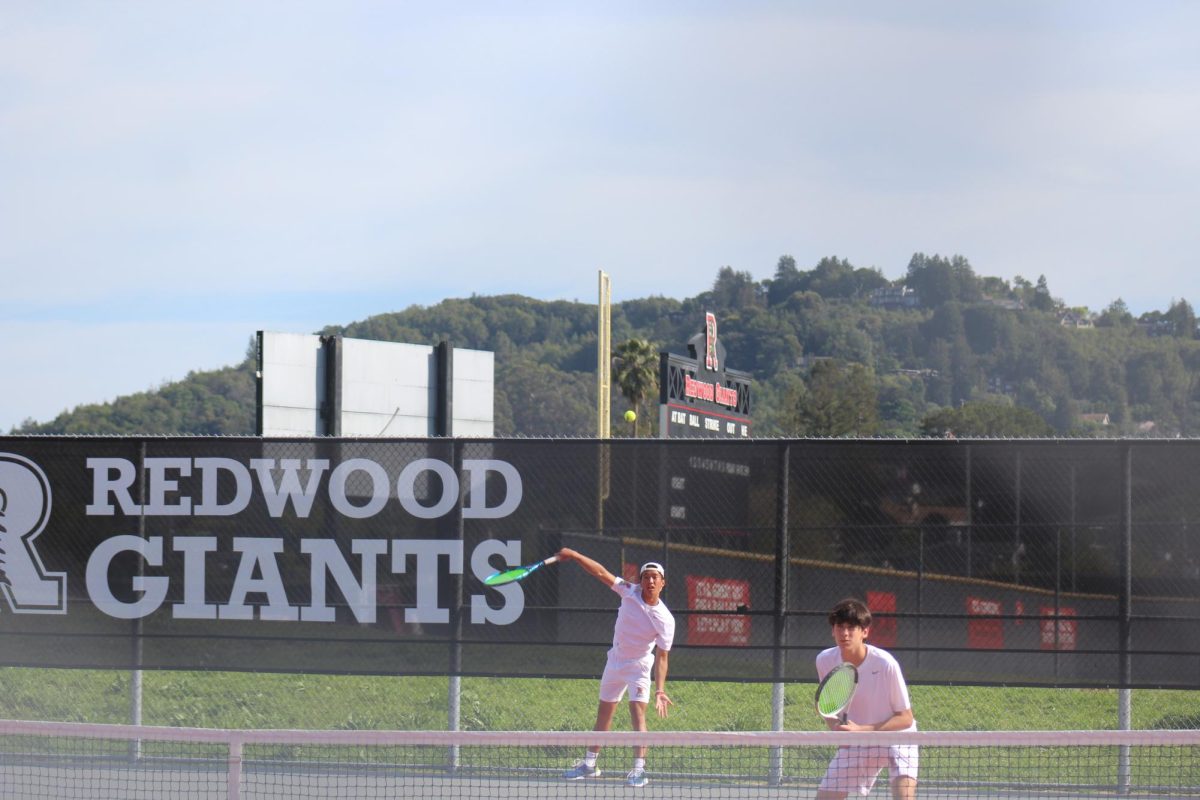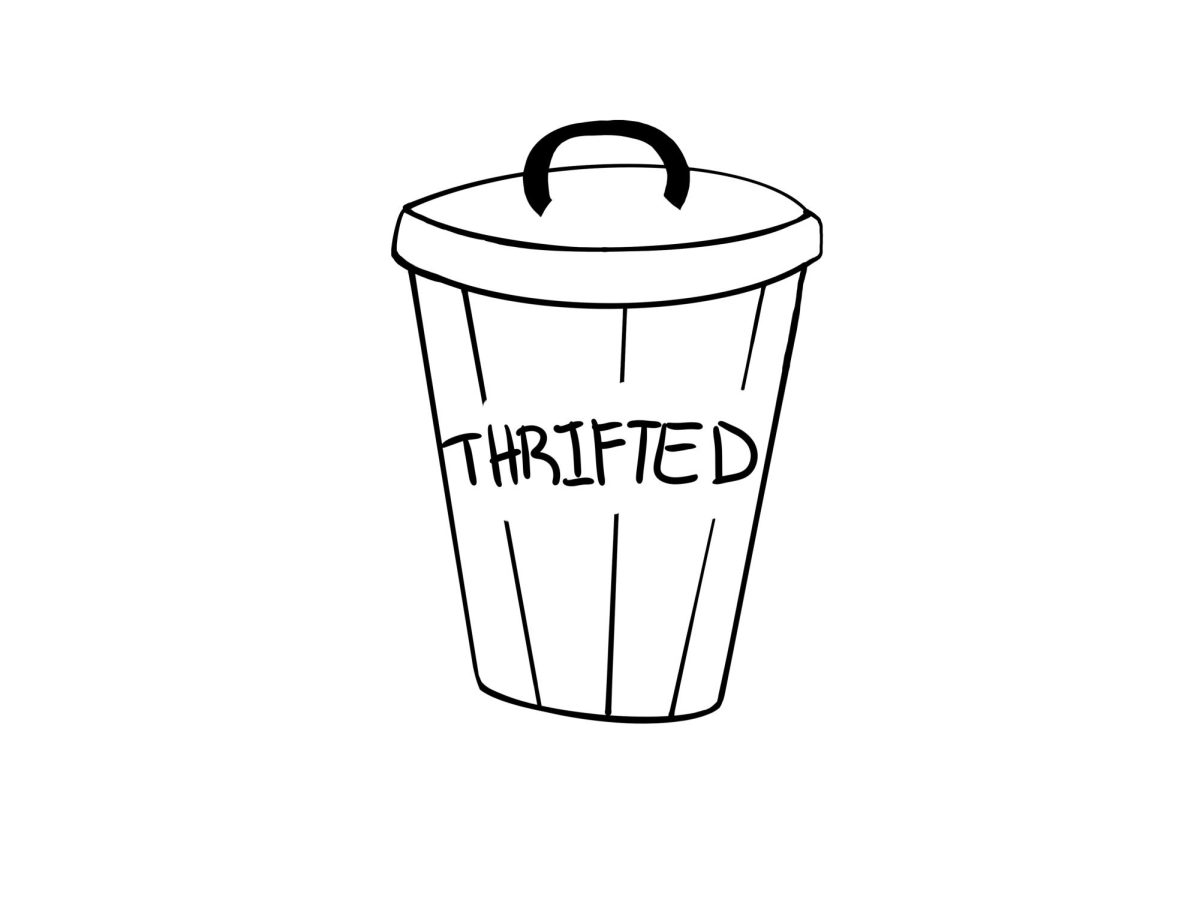We as humans have a finite attention span, like a river that flows with a specific force. It may change direction or be split up among multiple activities, but the net sum of those activities may never exceed the river’s specific force.
What happens when that river is interrupted, split among many streams and tributaries? Its full force is divided. It loses direction.
[vimeo id=”https://vimeo.com/66045380″ size=”small”]
Have we as teens not done the same thing with our time, spread it thinly among the many things that vie for our effort and attention? And at the heart, it seems as though the one superfluous activity that is dividing our attention more than anything is spending time on social media sites.
When is the last time we went a day, or an hour, without plugging in?
A study from the University of Maryland asked 1,000 students ages 17-23 to withdraw from media for one day. The result was that a majority of the students were unable to abstain for just one day.
[vimeo id=”https://vimeo.com/66044368″ size=”small” align=”right”]
According to a 2010 Kaiser study, teens spend more than seven hours a day on media, and 58 percent of seventh through 12th graders spend “most of the time” multitasking while consuming media, often working on homework while online.
Research makes it clear that this division of time harms our efficiency. In multitasking situations, we cannot focus on more than one thing in a single instant but rather are switching our attention rapidly between a number of mind tracks, each time with the cost of precious seconds to adjust.
Now, Facebook may not be necessarily to blame for this. The site is as useful or as wasteful as we make it. However, there is something insidiously addictive about posting and receiving likes and comments.
A Harvard report on brain activity during social media use reveals increased activity of dopamine, the brain’s pleasure chemical. We receive instant gratification when we post about ourselves and receive followers, likes, comments, etc.
[vimeo id=”https://vimeo.com/66045381″ size=”small”]
To our brains, using social media becomes instinctive, our attention diverted naturally from less stimulating activities such as reading or working on homework like water flowing downhill.
Social media is not a dam holding back the river but rather a pollutant in the river. It is a part of our generation, causing the river’s banks to erode and the water to spread thinly like a delta, no force, no direction, many thin pathways trickling over mud.
To what benefit? What have we gained from this new innovation other than another tool for distraction?
Social media may be a tool for some, to find information, to communicate, and to socialize, but how much of the time that we spend on it do we consider time well spent?
[vimeo id=”https://vimeo.com/66044369″ size=”small” align=”right”]
It is clear that technology has interrupted the natural flow of our lives, and whether or not we consider it time well spent may be subjective, but everyone can agree that seven hours a day plugged into media is a bit extreme.
Perhaps we can’t resist the allure of those notifications, those little red numbers on blue backgrounds, calling out to us, the current that is sucking our attention span away from the main flow. Perhaps we are addicted to watching those notification stack up with our self-esteem as we stare silently into the computer screen right in front of our noses.
And after approximately two hours a day on Facebook, do we feel satisfied? Or do we feel empty?
If we don’t fight the current of this technology, we will be stopped in our tracks, becoming nothing more than hollow river beds, baked under a blistering sun until all of the water has dried up, leaving only the jagged rocks and thin silt that was underneath.
Statistics in video refer to recently published data courtesy of Pew Research.


















